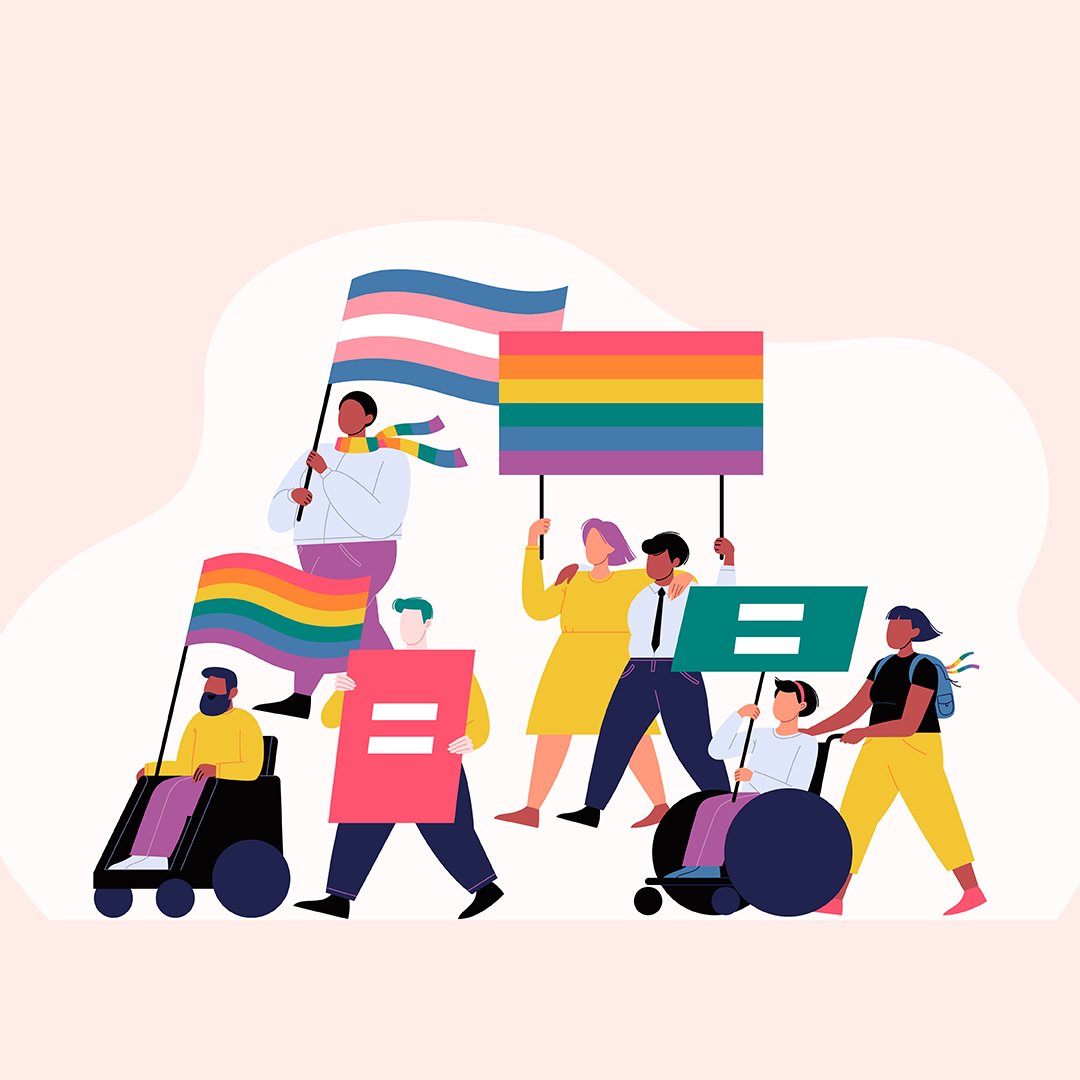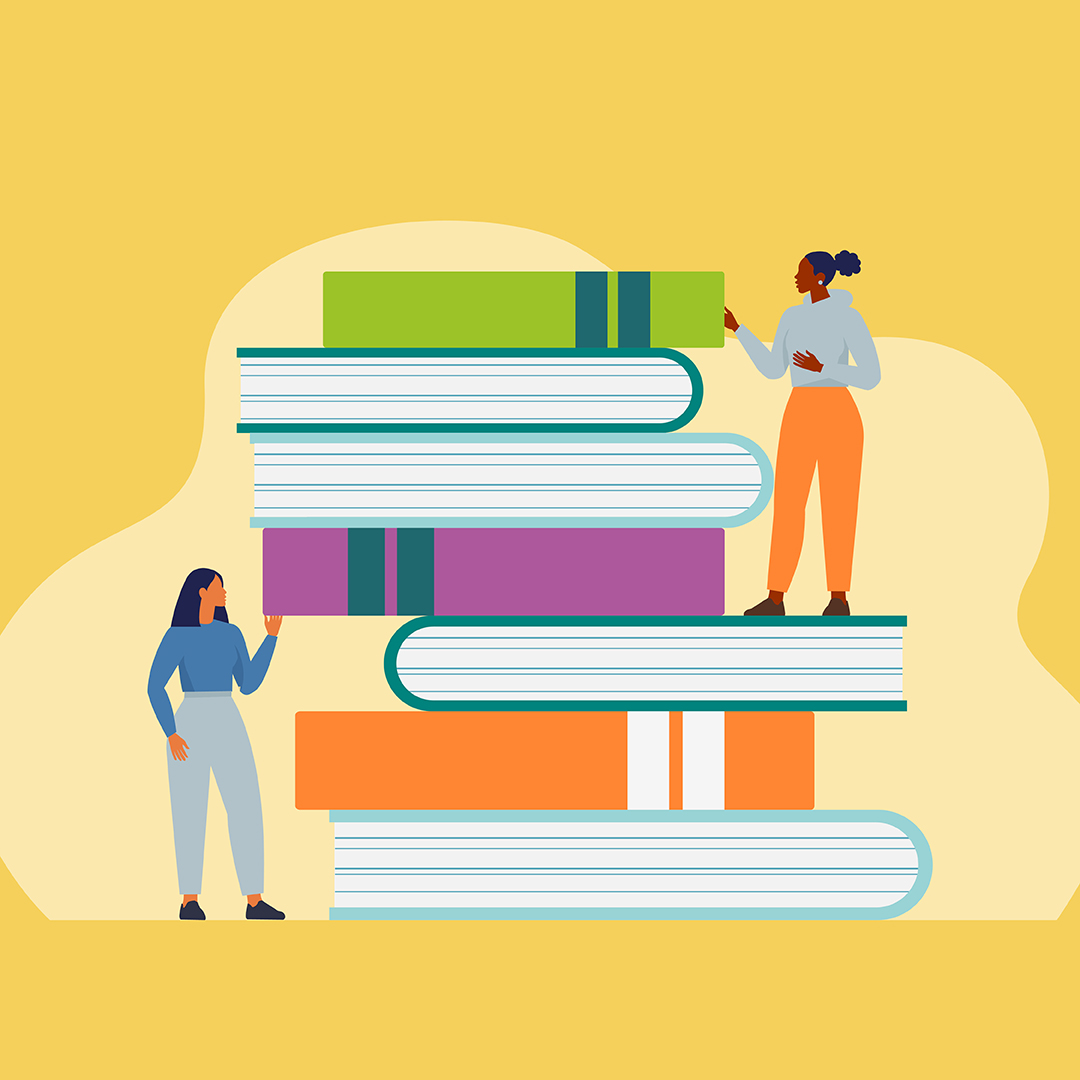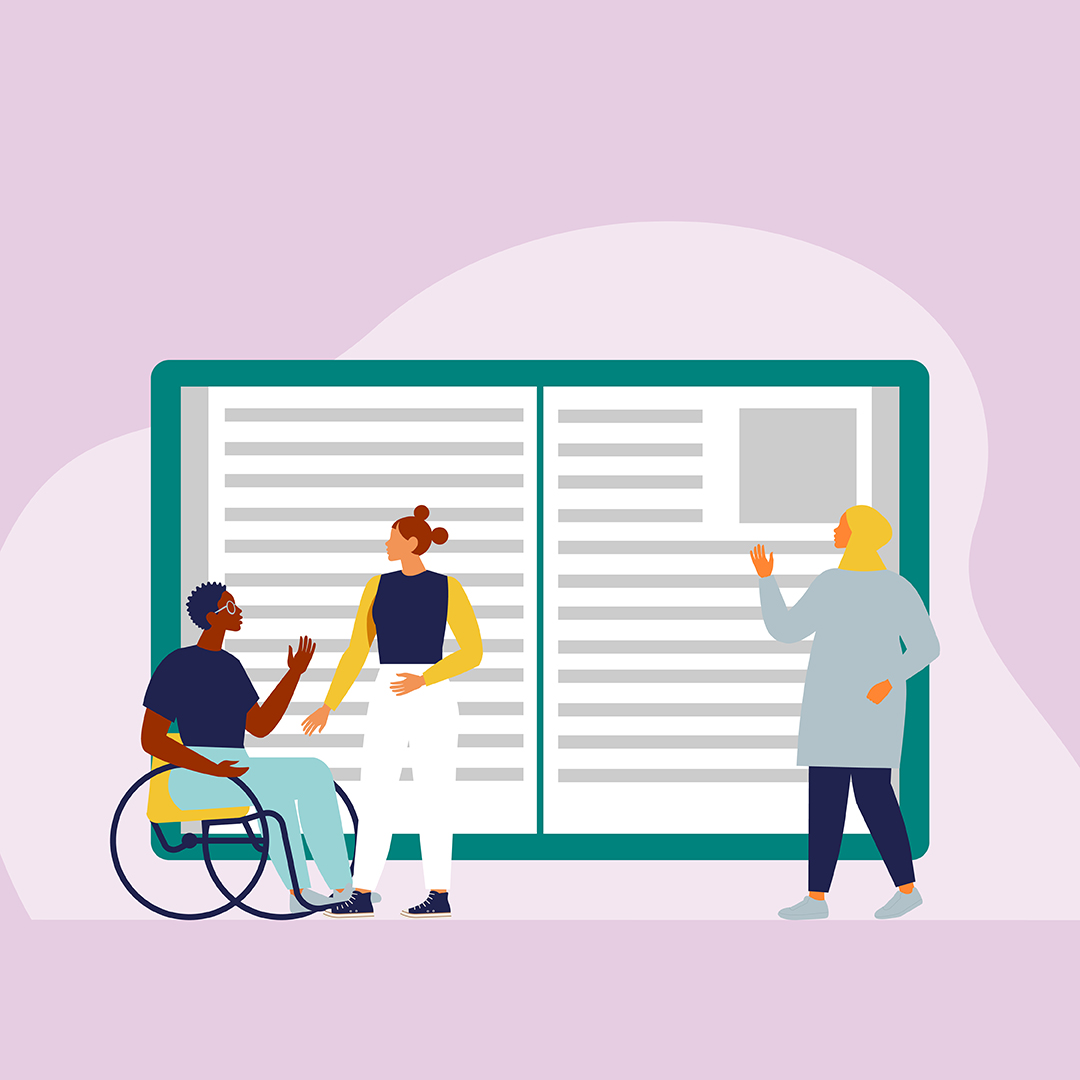Our approach
Cambridge OCR is part of Cambridge University Press & Assessment, which has clear commitments to champion sustainability, diversity, trust and respect for our people and planet.
The importance of addressing issues of equality, diversity and inclusion have quite rightly risen-up the educational agenda in recent years. Here at Cambridge OCR we've already stepped up to this challenge - you can find out more about what we're doing, and how you can support us on our journey, below.
We aim to ensure that equality, diversity, inclusion and belonging (EDIB) are part of everything we do.
From the products and services we offer to our customers to our student assessments and the working environment and culture for those who work with us.
We're committed to supporting a curriculum that helps young people develop an ethical view of the world.
This enables them to take social responsibility, understand environmental issues and prepare them for the green jobs of the future.
Our EDIB principles
Our EDIB principles are that we:
- are respectful and considerate
- celebrate differences and promote positive attitudes to belonging
- include perspectives that reflect the diverse cultural and lifestyle backgrounds of our society
- challenge prejudicial views and unconscious biases
- promote a safe and supportive approach to learning
- are accessible and fair, creating positive experiences for all
- provide opportunities for everyone to perform at their best
- are contemporary, relevant and equip everyone to live and thrive in a global, diverse world
- create a shared sense of identity in a modern mixed society with one humanity.
Our work so far

GCSE in Natural History
We’re delighted that the Department for Education has approved our plans to introduce a GCSE in Natural History.
You can visit our dedicated webpage to find out more.

EDIB Advisory Board
Our EDIB Advisory Board brings together representatives from relevant organisations to articulate the concerns, issues and needs of education, in relation to Equality, Diversity, Inclusion and Belonging to lead positive change and to inform and advance our strategic agenda.

Work in equality, diversity and inclusion in assessment materials
We've launched new equality, diversity and inclusion principles for our assessment materials. We want to use accessible language and contexts so every student can see themselves reflected in their assessment and engage with it to achieve their potential
We're committed to training all assessors involved in setting assessment materials to apply these principles before they write the assessment materials for students to sit from 2023. The training includes avoidance of stereotyping and being mindful of unconscious bias.

We believe it’s vital that every student has the best opportunity to demonstrate what they know, understand and can do. Over the last few years, we‘ve been making improvements to the materials students use such as question papers and sample assessment materials, making them more accessible. We continually review new research and feedback to inform this work.
Our aim is to ensure that no student is disadvantaged by not being able to access questions or tasks in an assessment.
We’ve developed accessibility principles that we use to write our assessment materials and develop new qualifications. Our principles are based on feedback from teachers, our own technical research and have been written in collaboration with accessibility organisations, such as the British Association of Teachers of the Deaf. We continually review our principles to ensure they meet the latest research and feedback.
We hope that students and teachers have noticed and will continue to notice the changes in our question papers and other assessment materials. Changes can be seen in formatting, language and context.
Here are some of the things we’re doing to make our assessment materials more accessible:
Formatting
To make our materials easier to read:- text is usually in Arial 11 and is generally left aligned and left justified.
- we only use italics where the subject requires.
- we generally start each new instruction on a new line.
- we use bold to emphasise key words.
Language
To make our materials as clear as possible:
- we use familiar spoken vocabulary.
- we limit technical and specialist words to those in the specification.
- we use short and simple sentences.
- we avoid unnecessary words.
- we use terminology consistently.
Context
To make our materials as accessible as possible:
- we use contexts that students are likely to be familiar with.
- we avoid context that is irrelevant to the questions or tasks.
- we avoid using people’s names or organisation names where possible.
- where we must use people’s names we take them from a set list of equality, diversity and inclusion-approved accessibly written names.
Therefore, during the lifetime of the qualification, you might see small adjustments to the question papers. This is part of continuous improvement, designed to help you and your students. We recommend you look at the most recent set of past papers, where available.
Please provide your feedback to us through methods such as post-exam surveys as this really helps inform our activities. Back to top

English EDI
We've worked closely with English teachers to improve the diversity of our GCSE and A Level English Literature texts.
For A Level, we added five new texts to our wider text lists for English Literature for September 2022 and introduced four new texts to English Language and Literature in September 2023. This was in addition to texts that can already be studied by writers of colour, such as Toni Morrison, Andrea Levy and Zora Neale Hurston.
At GCSE, we introduced a new set play text and refreshed our poetry anthology with a range of new poems by authors of colour for first teach September 2022. We’re pleased to have added new authors to sit alongside Meera Syal, Jackie Kay, Derek Walcott and John Agard.
Find out more on our dedicated webpage.

Lit in Colour
We’re delighted to announce that we're a named partner in the ‘Lit in Colour’ campaign and sit on their Advisory Board.
This important campaign, which was launched in 2020 by Penguin Random House UK and The Runnymede Trust, aims to explore how to increase students’ access to books by writers of colour and those from minority ethnic backgrounds.

Diversifying our History specifications
Our GCSE and A Level History specifications have also attracted attention for their diversity. With key topics such as migration available at GCSE and African Kingdoms at A Level, students can see their own stories in the history they are learning.
Read our blog on teaching a diverse and inclusive History curriculum.

Green Impact Award
We contribute to and support wider initiatives such as holding climate cafes for our staff and supporting the work of the Cambridge University Press & Assessment's Green Impact Award, where we achieved the Platinum Award in 2021.

The All-Party Parliamentary Group on Diversity & Inclusion (D&I) in STEM
We sponsor the All-Party Parliamentary Group on Diversity & Inclusion (D&I) in STEM which aims to promote inclusion and progression of people from diverse backgrounds and to encourage government, parliamentarians, academics, businesses and other stakeholders to work towards a STEM sector that is representative of the population.

Westminster Education Forum
We're a core sponsor of the Westminster Education Forum whose conferences are often the platform for major policy statements from senior civil servants, regulators and leading opinions in education.
Supporting our journey
How can you support us?We’d love to hear your thoughts to help us shape how we prioritise our work going forward, in particular we’d be very interested to hear:
Please let us know how you think we’re doing by getting in touch with us via PeopleandPlanet@ocr.org.uk. We’d also love to hear what else you think would help us with our journey. |










